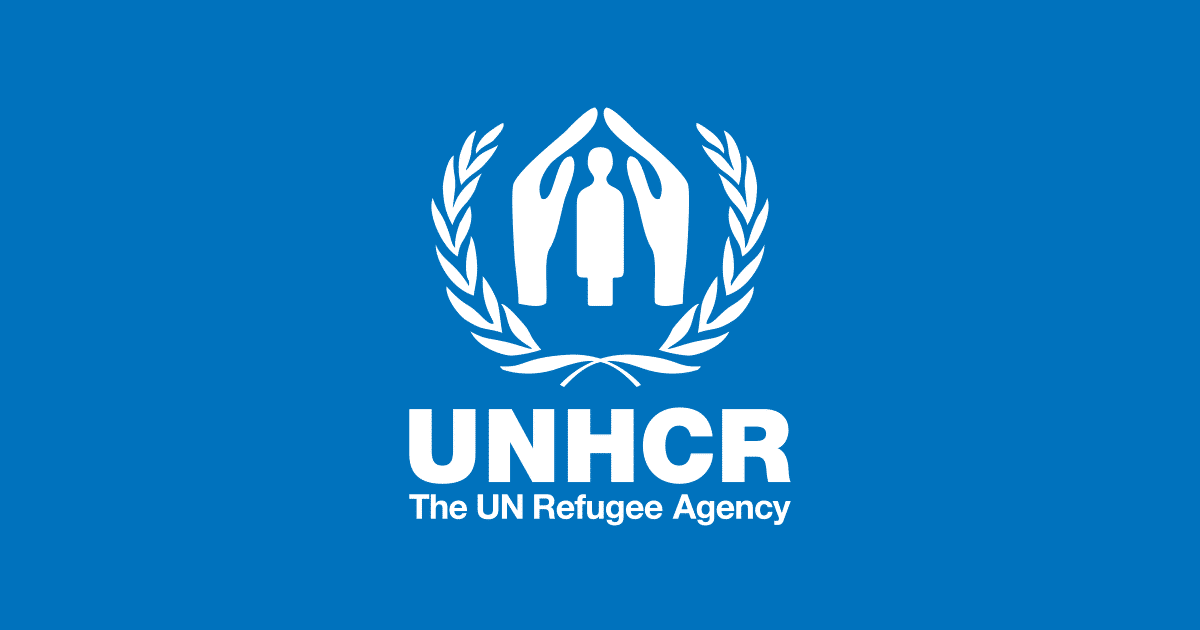UNHCR calls for support, solidarity amid rise in risky Andaman Sea crossings

This year, more people are trying to risky cross the Andaman Sea than ever before, according to UNHCR, the UN Refugee Agency, and humanitarian partners.
From January to November 2022, 1,920 people—mostly Rohingya—traveled by sea from Myanmar and Bangladesh, a more than sixfold increase over the 287 who did so in 2021.
The UNHCR warns that attempting these journeys exposes people to serious risks and potentially fatal outcomes. Tragically, this year alone 119 people have been reported dead or missing on these journeys.
The most recent arrivals were more than 200 people who arrived on two boats in North Aceh, Indonesia, a fortnight ago. The UNHCR appreciates the efforts made by the authorities to ensure the groups’ safety as they disembark and are received.
A former Immigration office in Lhokseumawe is currently housing refugees who safely disembarked on the Indonesian coast. In order to support the refugees, including through registration, meeting their basic needs, and ensuring secure and suitable housing for the two groups, UNHCR is on the ground and collaborating closely with the local authorities.
Unconfirmed reports of additional boats drifting at sea with passengers who urgently need life-saving assistance have also been received by UNHCR.
The UNHCR and humanitarian partners continue to emphasise the need for increased regional and international cooperation to save lives and share responsibility as rising levels of desperation and vulnerability force more refugees to embark on these dangerous journeys.
Indonesia should not be the only country to rescue and disembark people who are lost at sea; the country currently hosts nearly 13,000 refugees and asylum seekers, the majority of whom are from Afghanistan, Somalia, and Myanmar.
States in the area must uphold the promises they made to the Bali Process in 2005 in order to work together to find solutions for those making these frantic journeys.
Seven years ago, when the crisis in the Andaman Sea and Bay of Bengal first began, the Bali Process established the necessity of a dependable and coordinated response to this regional issue. Responsibility-sharing and concerted action across South-East Asia are necessary for a thorough and just response, so that those who facilitate disembarkation and transport the distressed to safety do not bear an undue burden.
Prior to a ministerial summit next year, participants in the Bali Process will assemble in Indonesia next week to commemorate the process’ 20th anniversary. In order to save lives, UNHCR and its humanitarian partners emphasise the need for greater regional and global cooperation. Worsening conditions and increasing desperation are driving more people to embark on these deadly journeys.
